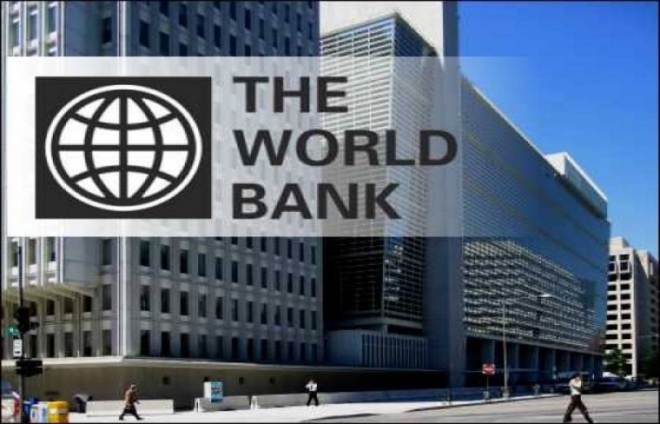The rate of youth underemployment in Ghana is almost 50%, higher than the Sub-Saharan Africa's average.
According to the World Bank, the challenge of youth unemployment is partly a reflection of the broader job challenge in Ghana, as the youth faces a more acute problem.
The report said Ghana’s economy provides insufficient quality job opportunities for workers with low skills.
As such, the country has not followed the traditional path of manufacturing-led development.
Between 1990 and 2018, high productivity services contributed more to structural transformation than manufacturing.
“Since 2010, Ghana experienced a manufacturing employment ‘renaissance’, but with very low productivity”.
The report pointed out that the educational and training system is not producing the skills needed by the economy. This is a manifestation of the quality of education and the weak link between education and the productive sectors.
“Ghana’s labour force is characterised by falling participation rates and low levels of educational attainment”.
It added the youth who venture into self-employment and entrepreneurship face additional constraints.
Furthermore, the report said Self-Employment and Underemployment Remain huge challenges in the country, adding, the “Decent work” agenda which has been adopted widely and promoted in Ghana to curb underemployment is yet to see gains.
Meanwhile, 69% of those working are either self-employed or a contributing family worker, whiles 25% are wage employed.
COVID-19 and its impact on youth employment
The report said COVID-19 pandemic escalated the overall unemployment challenge, including youth unemployment.
In the first three months of the crisis, 77% of the population reported a decline in household income, with many not being able to work due to closures.
In 2022, 68% of households shared that their incomes had not recovered to pre-COVID-19 levels.
According to the Association of Ghana Industries, 42,000 people lost their jobs in the first two months of the pandemic in Ghana.
The tourist attraction sector of the country alone lost $171 million in the past three months due to the partial lockdown and closure of tourism and hospitality centers in the country.
Latest Stories
-
Re-collation: Supreme Court quashes results in Tema Central, Ablekuma North, Techiman South, Okaikwei Central
4 minutes -
NDC accuses trial judge of bias over order to re-collate outstanding parliamentary results
35 minutes -
WAEC receives additional fund of GH¢35m, urges release of outstanding funds
37 minutes -
Illegal Mining at Songor Lagoon thwarted by Electrochem Ghana Limited Security
58 minutes -
Retain current Majority leadership – NPP Parliamentary Committees to party council
1 hour -
GIPS applauds Kwesi Acquah on new role as an Associate Professor of Procurement at UCC School of Business
2 hours -
From grass to Gruyère: Unveiling the secrets of Swiss Dairy Excellence
2 hours -
Christmas in Takoradi: Masqueraders takeover principal streets in style
2 hours -
Merdarlock feeds thousands on the street, donates cash gifts to families
2 hours -
NDP’s Christabel Adomako wishes Mahama and Ghanaians a merry christmas
2 hours -
GPL: Christopher Ennin replaces Nurudeen Amadu as Samartex head coach
3 hours -
Fire razes Trinity TV station and church at Krofoum
3 hours -
2024/25 GPL: Asante Kotoko aim for third straight win in clash with Gold Stars
3 hours -
CHAN 2024Q: Black Galaxies leave for Uyo ahead of decider against Nigeria
3 hours -
Livestream of proceedings as NDC challenges High Court’s order for election re-collation
4 hours

